BAMC2021
December 08–10, 2021 | Held online from the University of Barcelona, Spain

Plenary Speakers
-
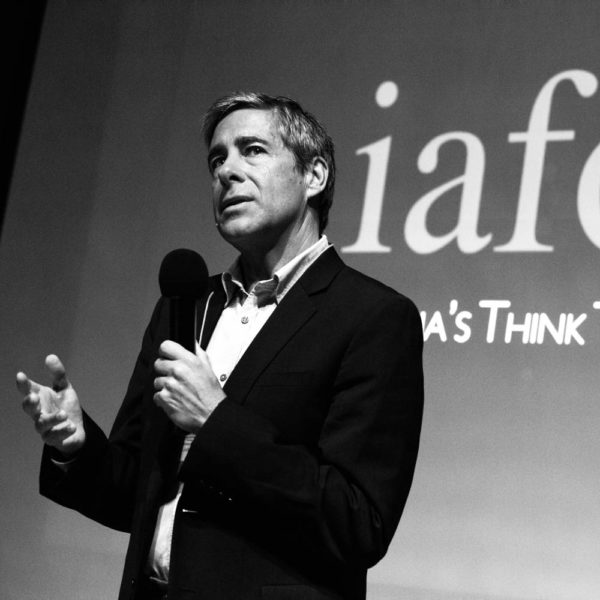 Baden OffordCurtin University, Australia
Baden OffordCurtin University, Australia -
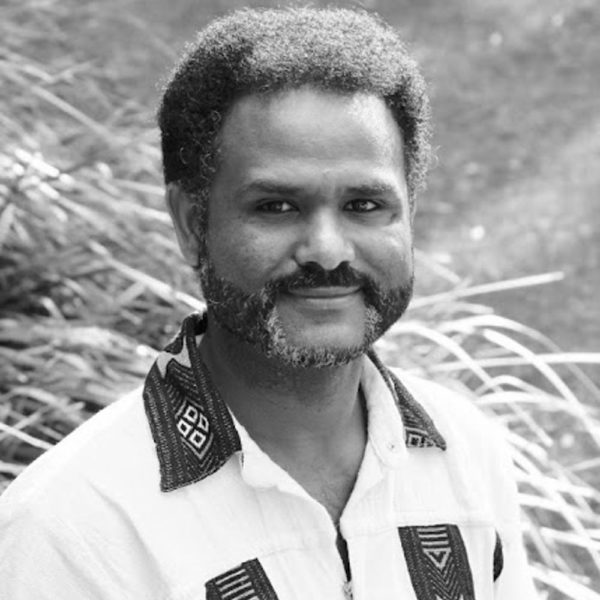 Yirga Gelaw WoldeyesCurtin University, Australia
Yirga Gelaw WoldeyesCurtin University, Australia -
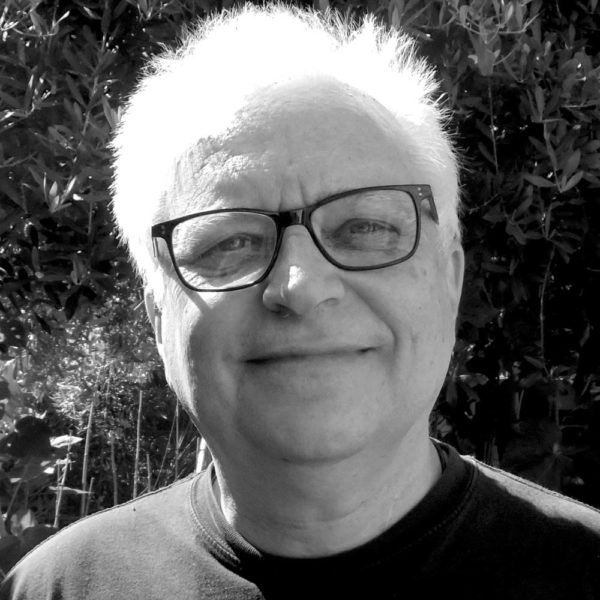 Bill PhillipsUniversity of Barcelona, Spain
Bill PhillipsUniversity of Barcelona, Spain -
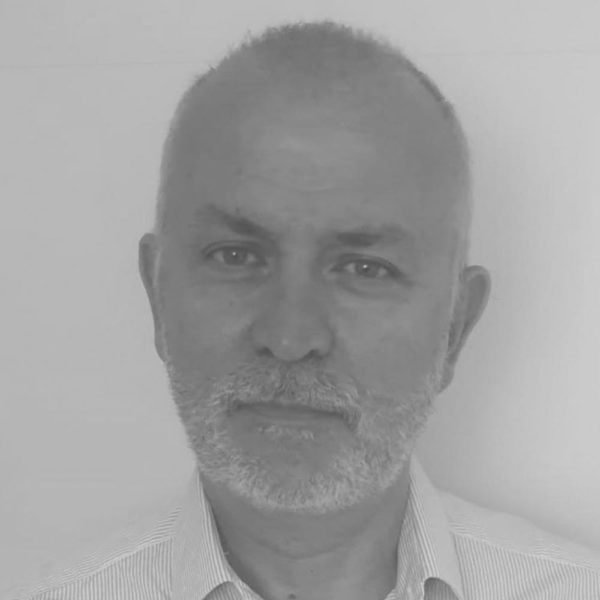 M. G. SanchezWriter, UK
M. G. SanchezWriter, UK -
 Sara MartínUniversitat Autònoma de Barcelona, Spain
Sara MartínUniversitat Autònoma de Barcelona, Spain -
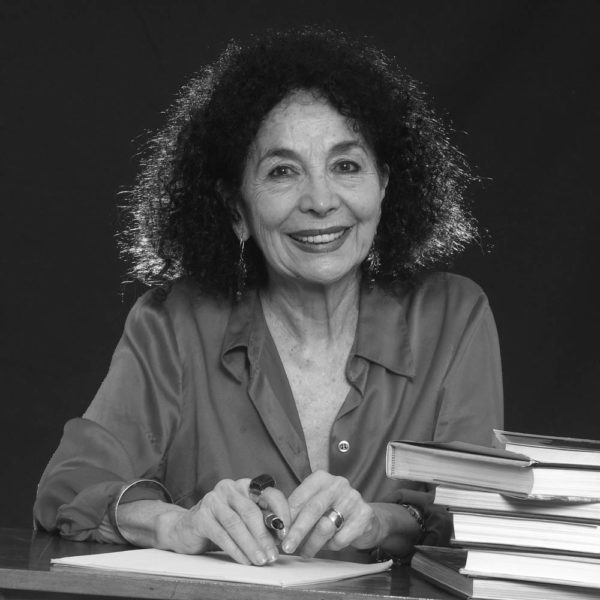 Gloria MonteroNovelist, Playwright & Poet
Gloria MonteroNovelist, Playwright & Poet -
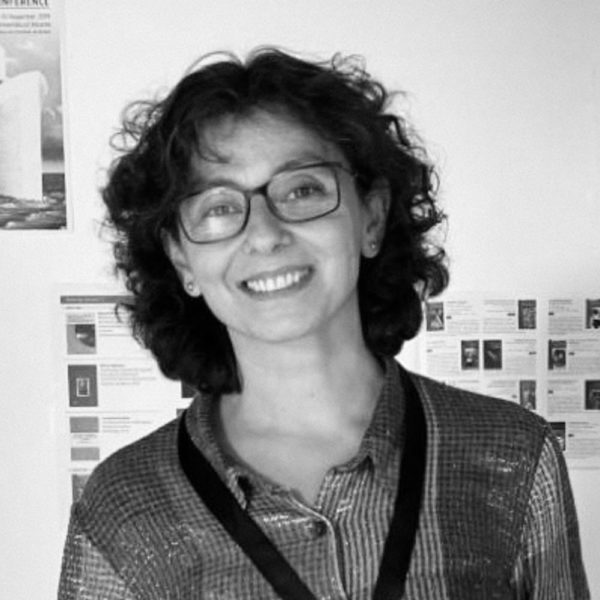 Isabel Alonso-BretoUniversity of Barcelona, Spain
Isabel Alonso-BretoUniversity of Barcelona, Spain -
 Joseph HaldaneThe International Academic Forum (IAFOR), Japan
Joseph HaldaneThe International Academic Forum (IAFOR), Japan
Spotlight Speakers
Programme
-
 Resisting AssessmentFeatured Interview: Bill Phillips & Sara Martín
Resisting AssessmentFeatured Interview: Bill Phillips & Sara Martín -
 Engaging with Culture: A Conversation on Decolonising the FutureKeynote Presentation: Baden Offord & Yirga Gelaw Woldeyes
Engaging with Culture: A Conversation on Decolonising the FutureKeynote Presentation: Baden Offord & Yirga Gelaw Woldeyes -
 Brexit, Borders and the Gibraltarian Voice: a Conversation With M.G.SanchezFeatured Interview: M.G.Sanchez & Isabel Alonso
Brexit, Borders and the Gibraltarian Voice: a Conversation With M.G.SanchezFeatured Interview: M.G.Sanchez & Isabel Alonso
Organising Committee
-
 Baden OffordCurtin University, Australia
Baden OffordCurtin University, Australia -
 Isabel Alonso-BretoUniversity of Barcelona, Spain
Isabel Alonso-BretoUniversity of Barcelona, Spain -
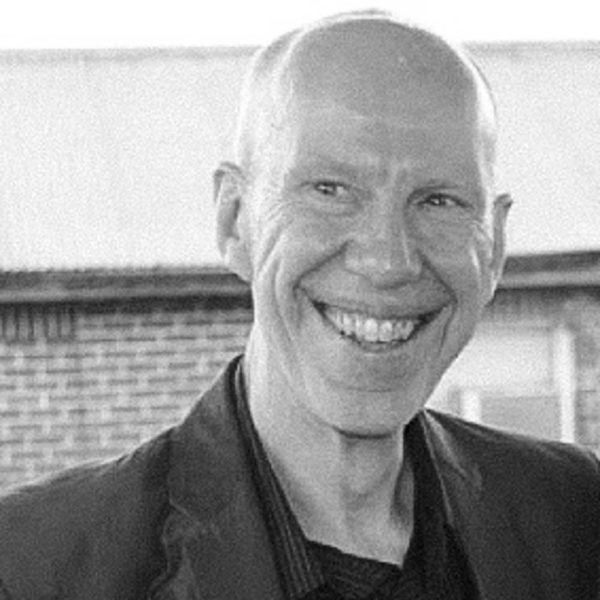 Cornelis Martin RenesUniversity of Barcelona, Spain
Cornelis Martin RenesUniversity of Barcelona, Spain -
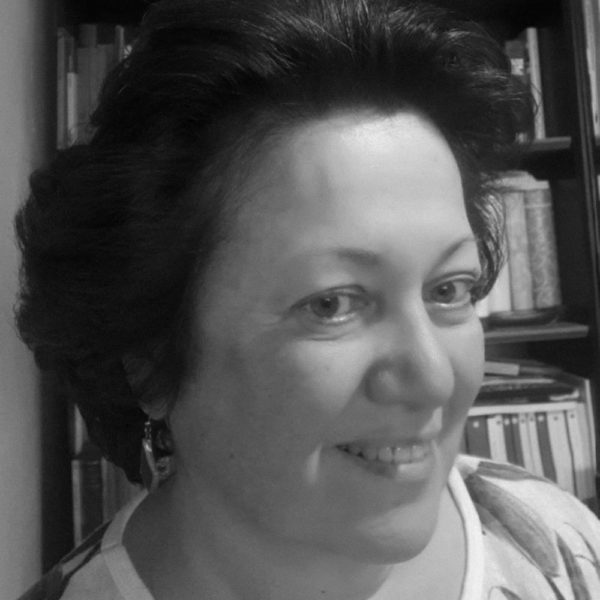 Montserrat Camps-GasetUniversity of Barcelona, Spain
Montserrat Camps-GasetUniversity of Barcelona, Spain -
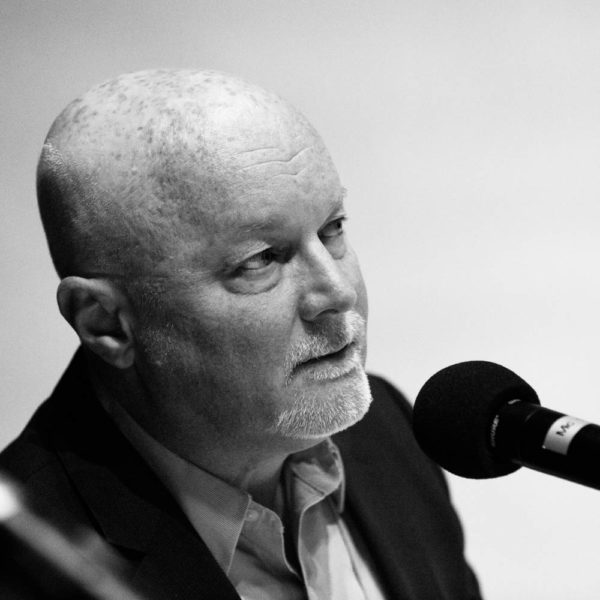 Donald E. HallUniversity of Rochester, USA
Donald E. HallUniversity of Rochester, USA -
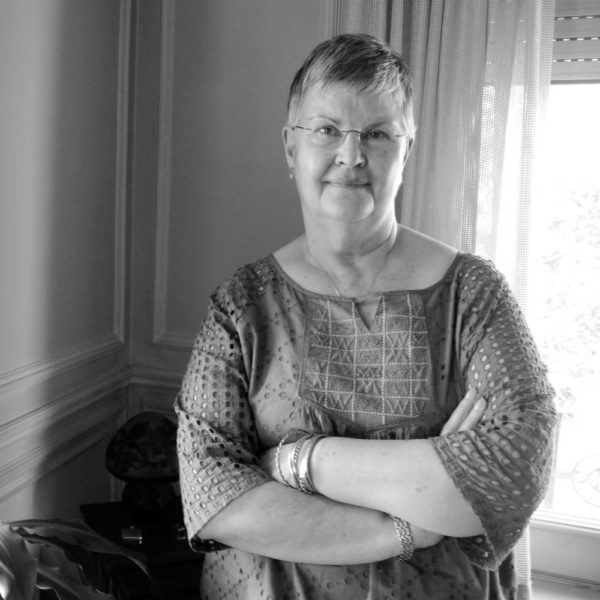 Sue BallynUniversity of Barcelona, Spain
Sue BallynUniversity of Barcelona, Spain -
 Joseph HaldaneThe International Academic Forum (IAFOR), Japan
Joseph HaldaneThe International Academic Forum (IAFOR), Japan
Review Committee
- Isabel Alonso-Breto, University of Barcelona, Spain
- Sue Ballyn, University of Barcelona, Spain
- Montserrat Camps-Gaset, University of Barcelona, Spain
- Joseph Haldane, The International Academic Forum (IAFOR), Japan
- Donald E. Hall, University of Rochester, United States
- Baden Offord, Centre for Human Rights Education, Curtin University, Australia & Cultural Studies Association of Australasia
- Cornelis Martin Renes, University of Barcelona, Spain
Senior Reviewers
- Dr Daniel McKay, Doshisha University, Japan
Reviewers
- Dr Vered Elishar Malka, The Max Stern Yezreel Valley College, Israel
- Dr Donia M. Bettaieb, University of King Abdulaziz, Saudi Arabia
- Professor Nagayuki Saito, International Professional University of Technology in Tokyo, Japan
- Dr Peggy Shannon, San Diego State University, United States
- Dr César Viana Teixeira, Pontifical University of Goiás, Brazil
- Dr Dana Weimann Saks, Yezreel Valley College, Israel
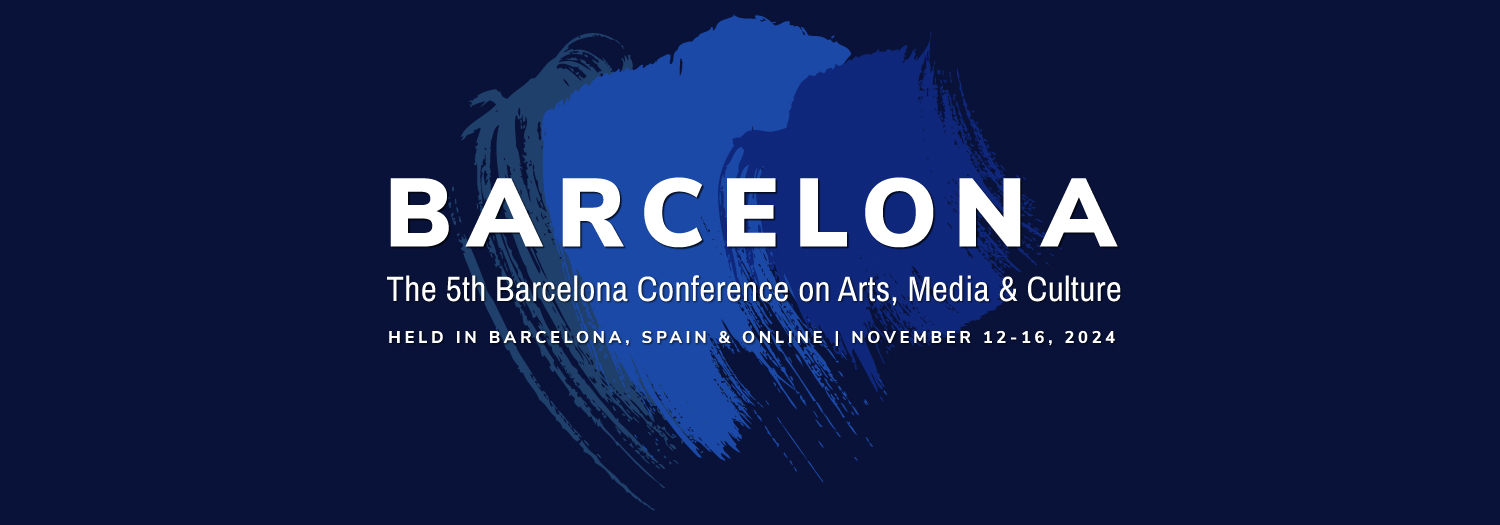
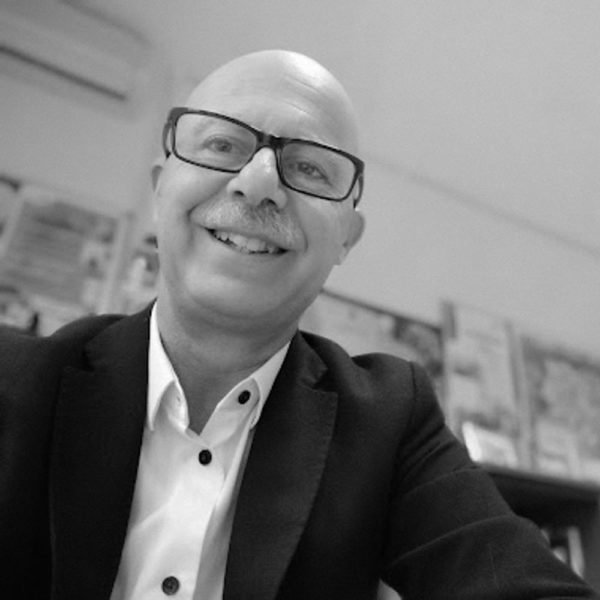
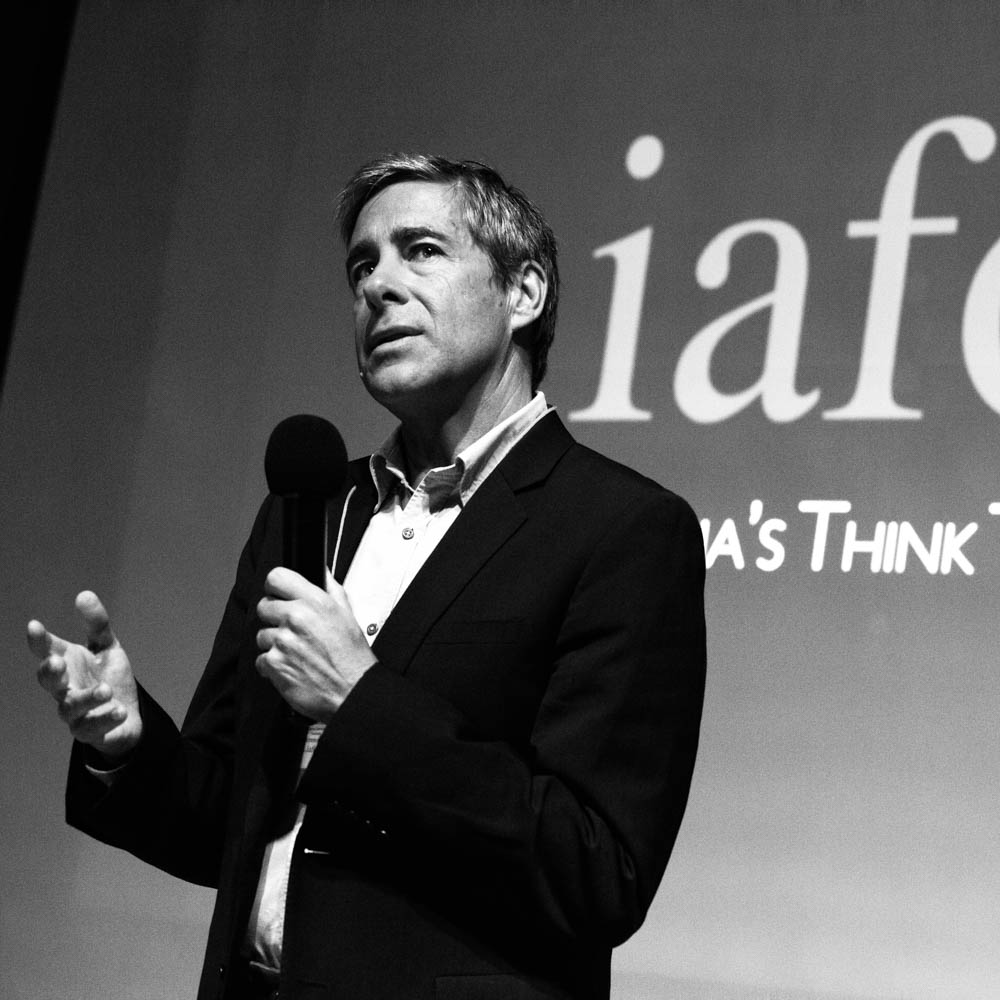
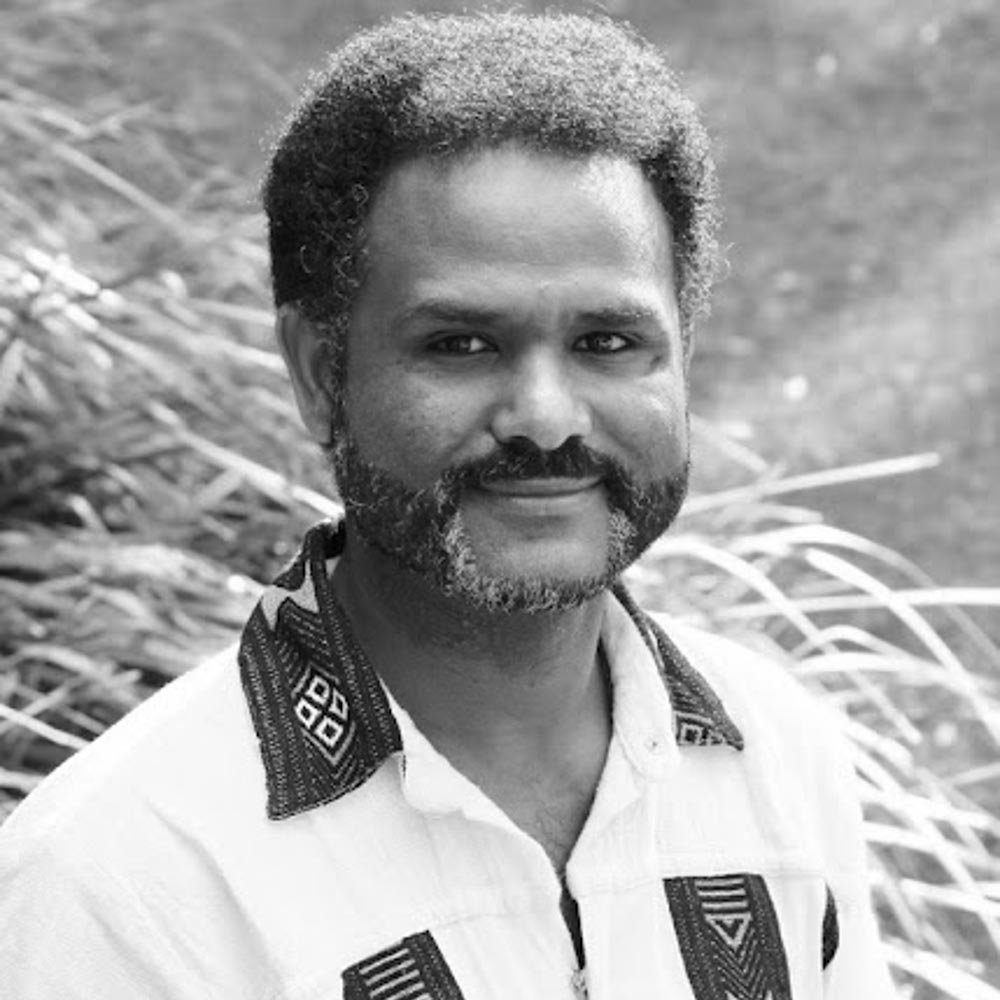
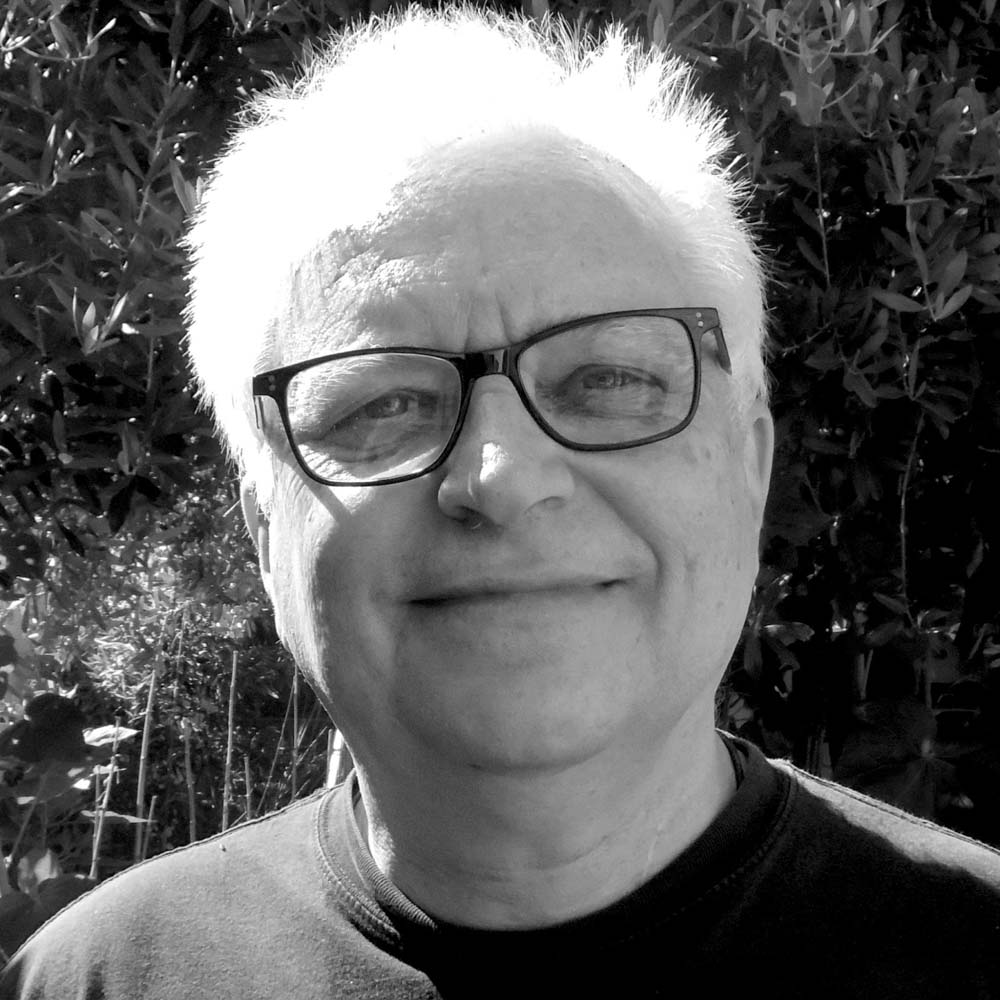
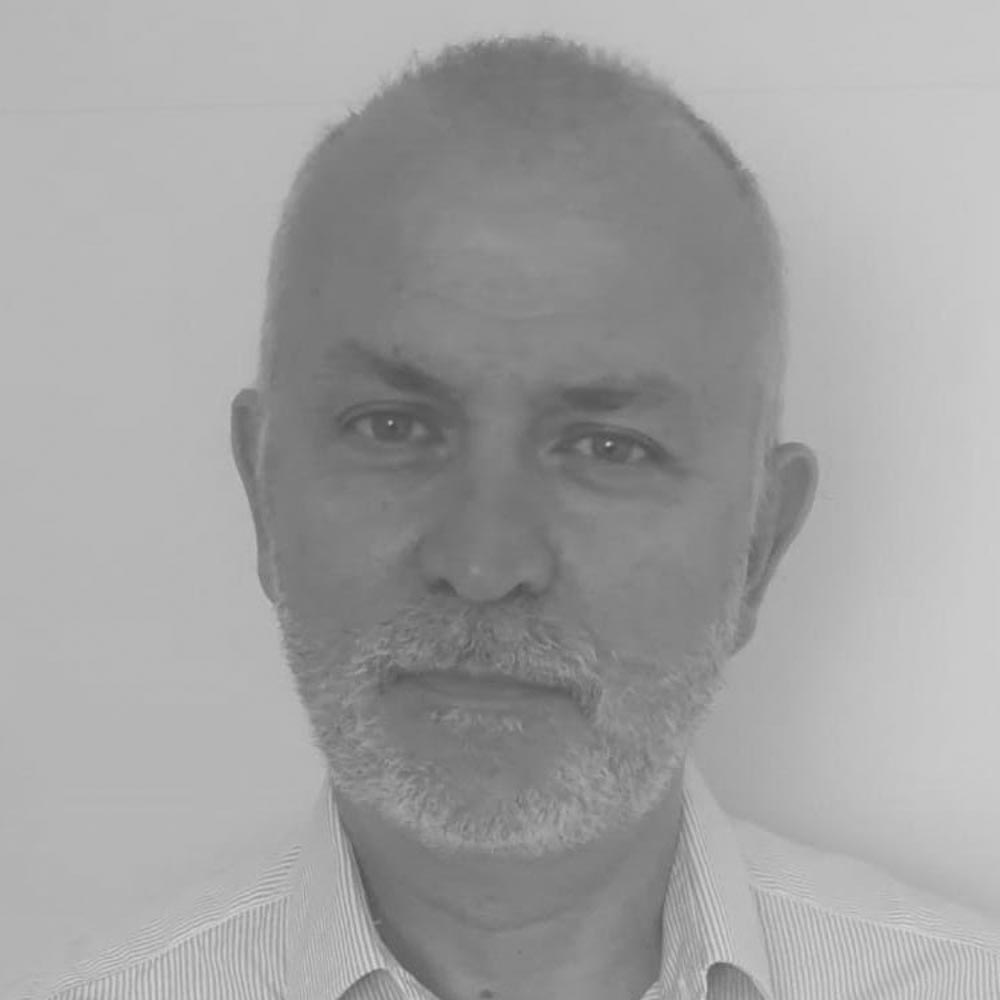

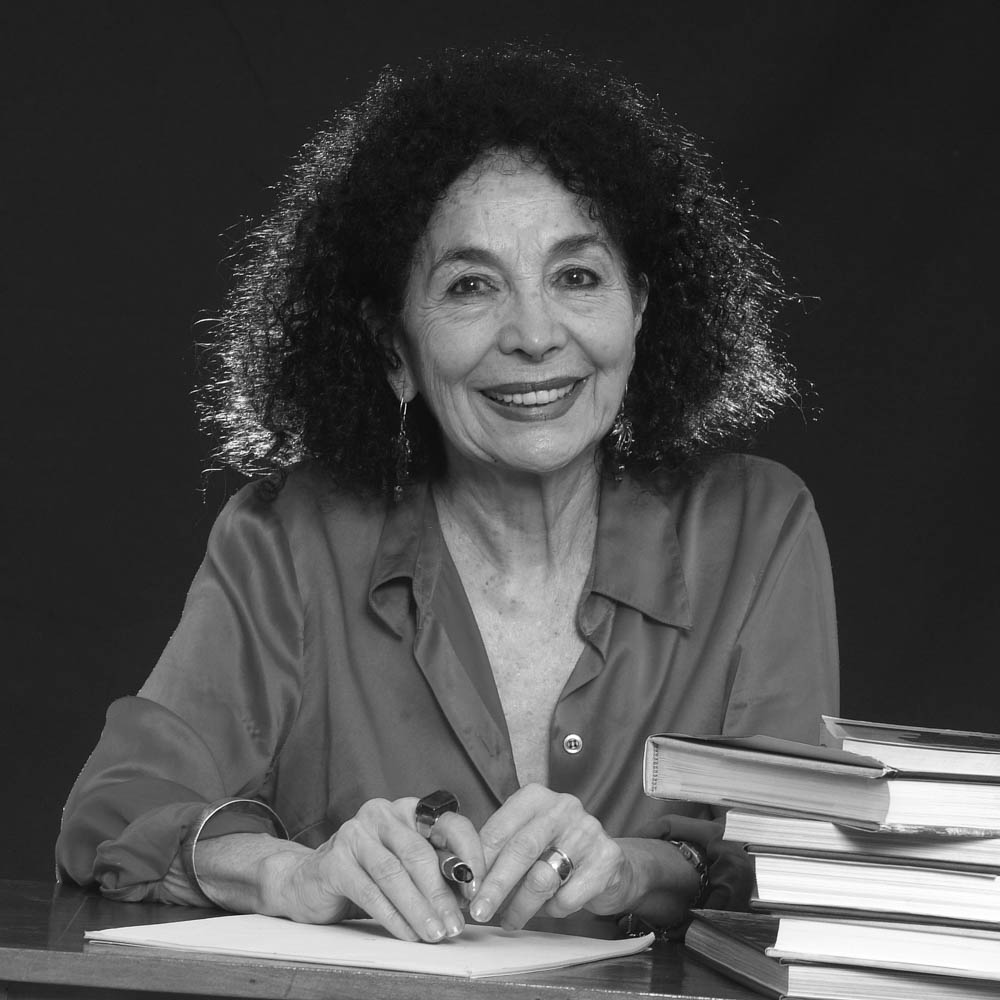
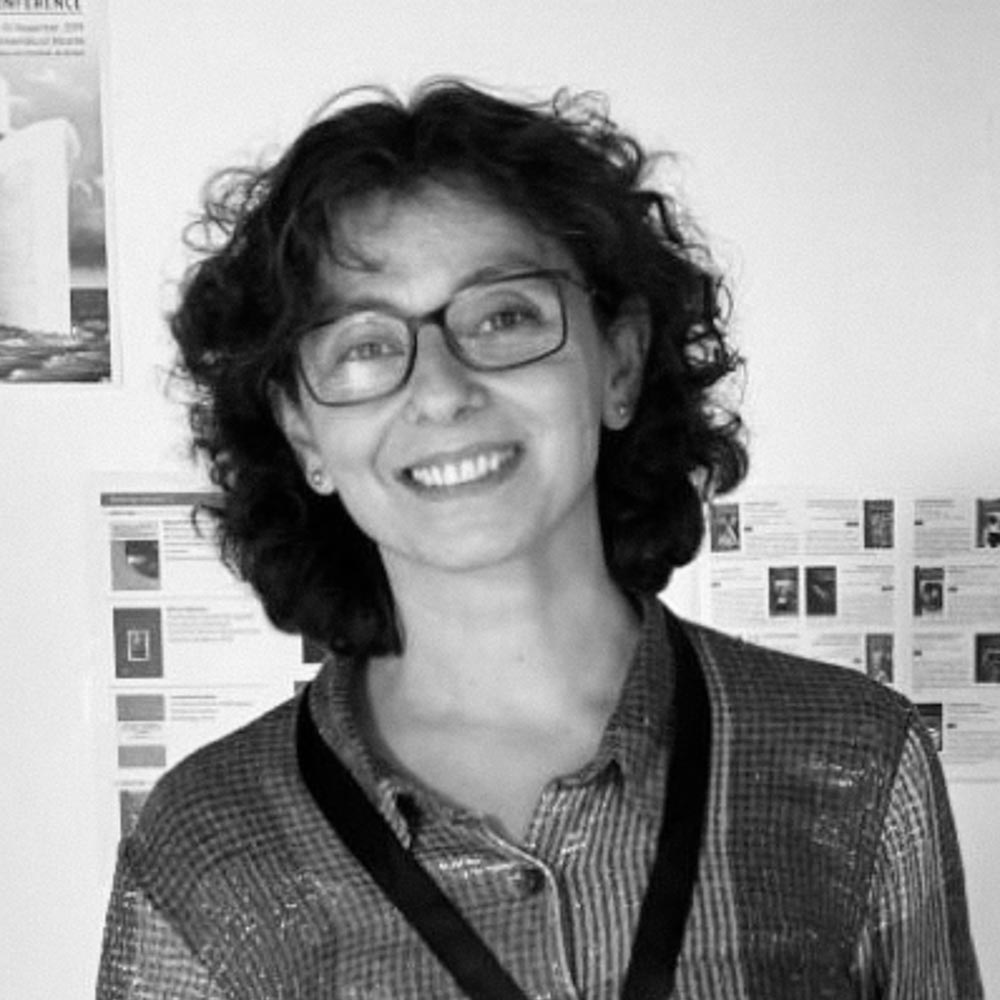

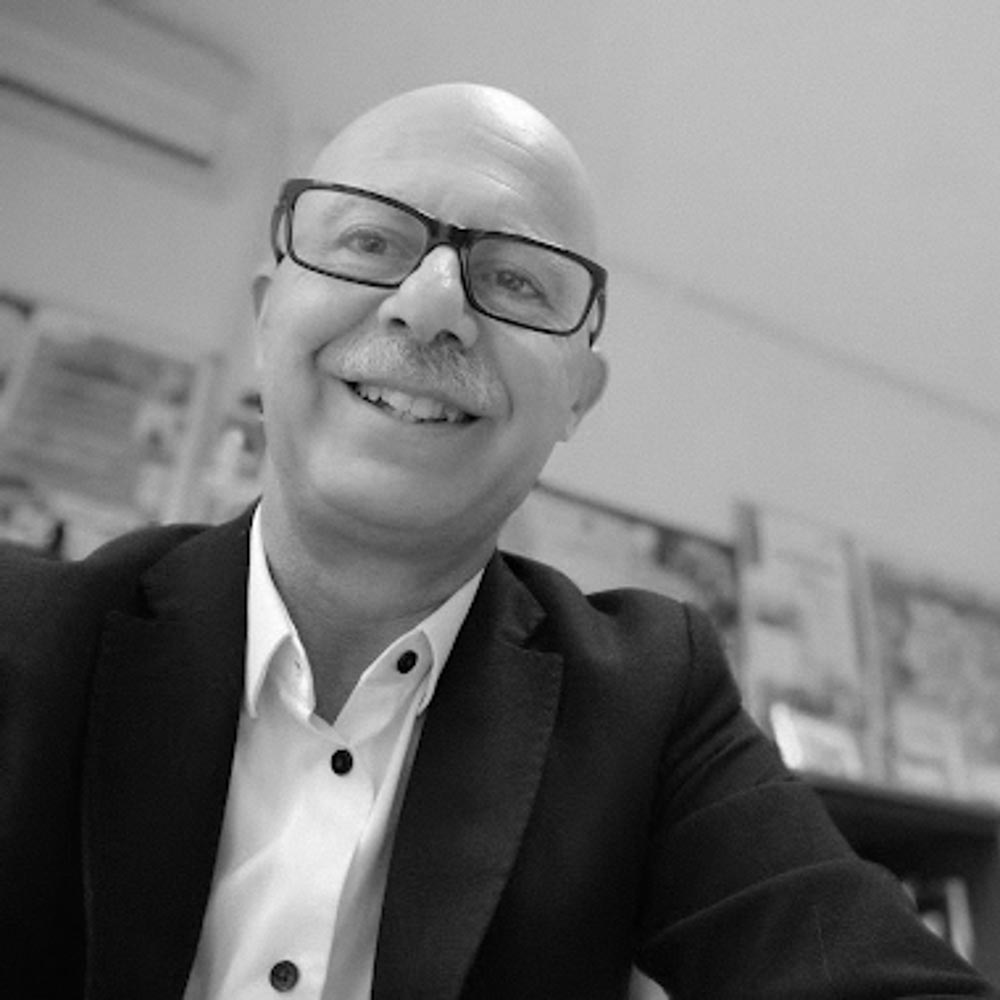



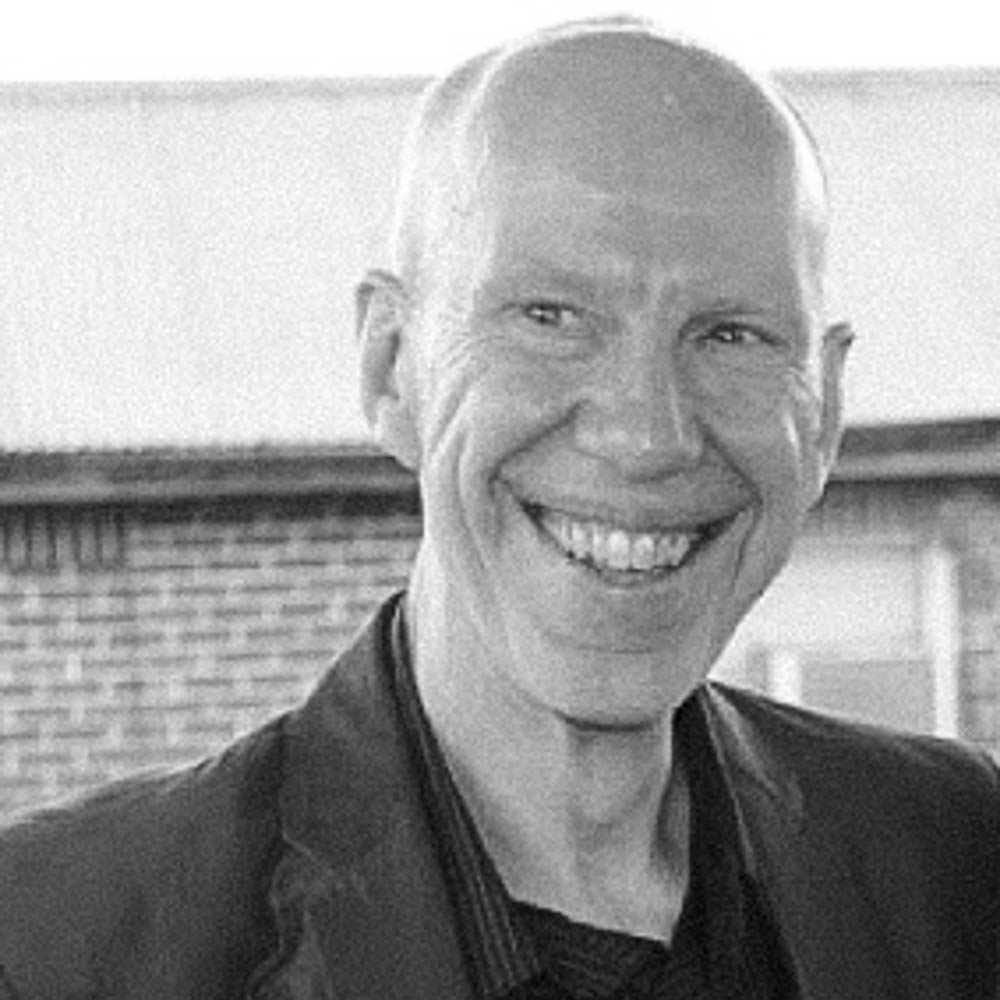
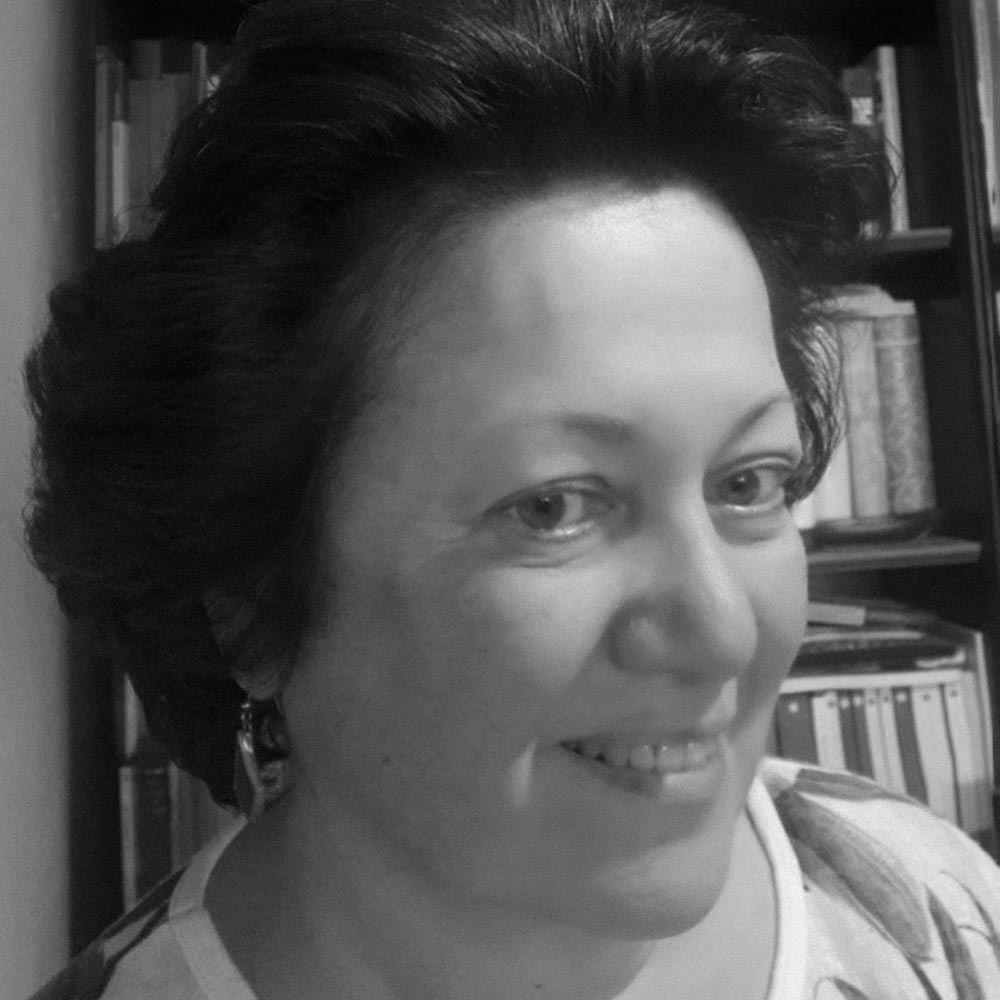
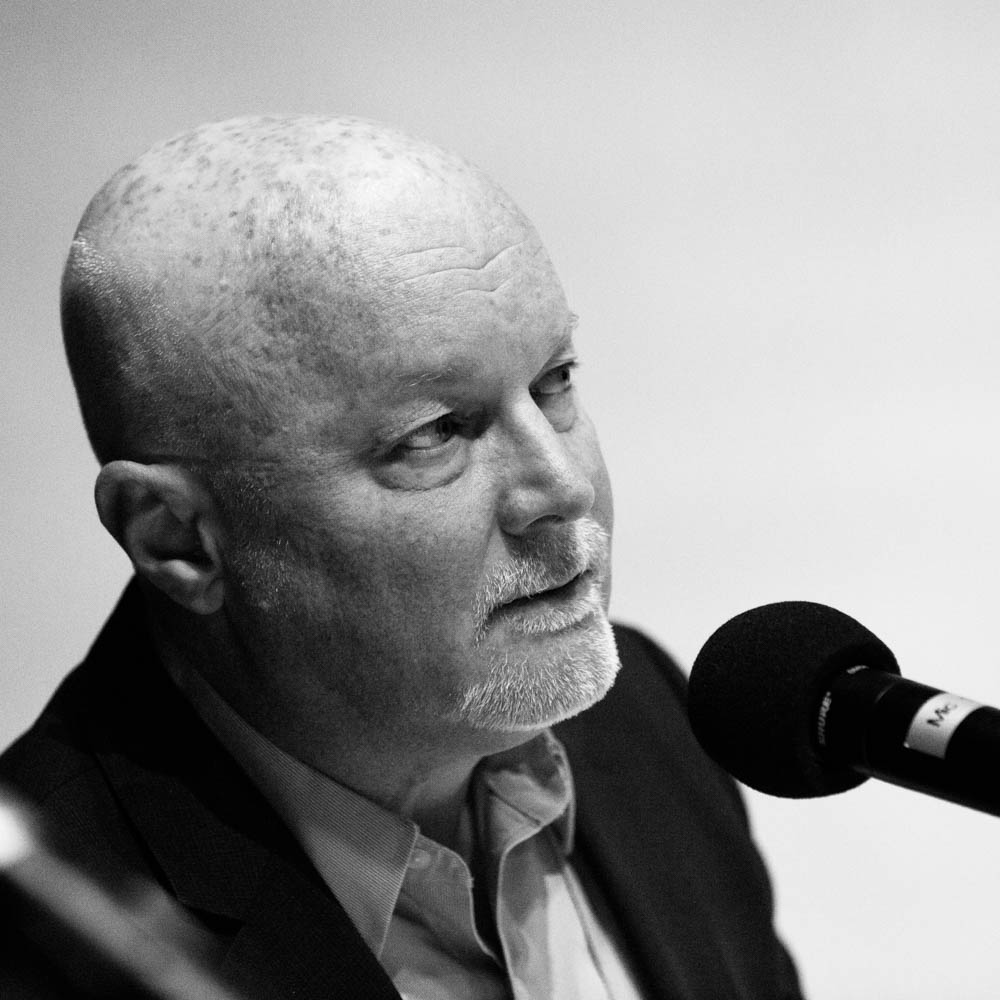
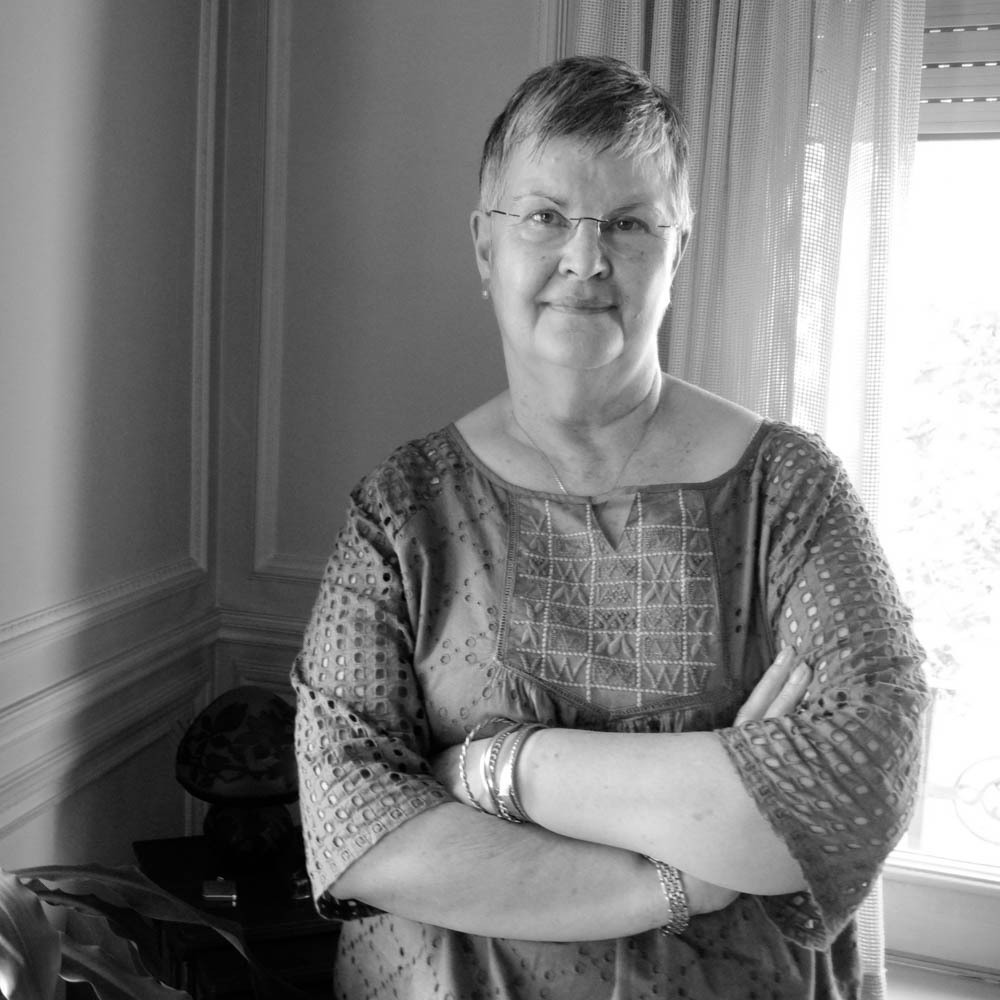
You must be logged in to post a comment.